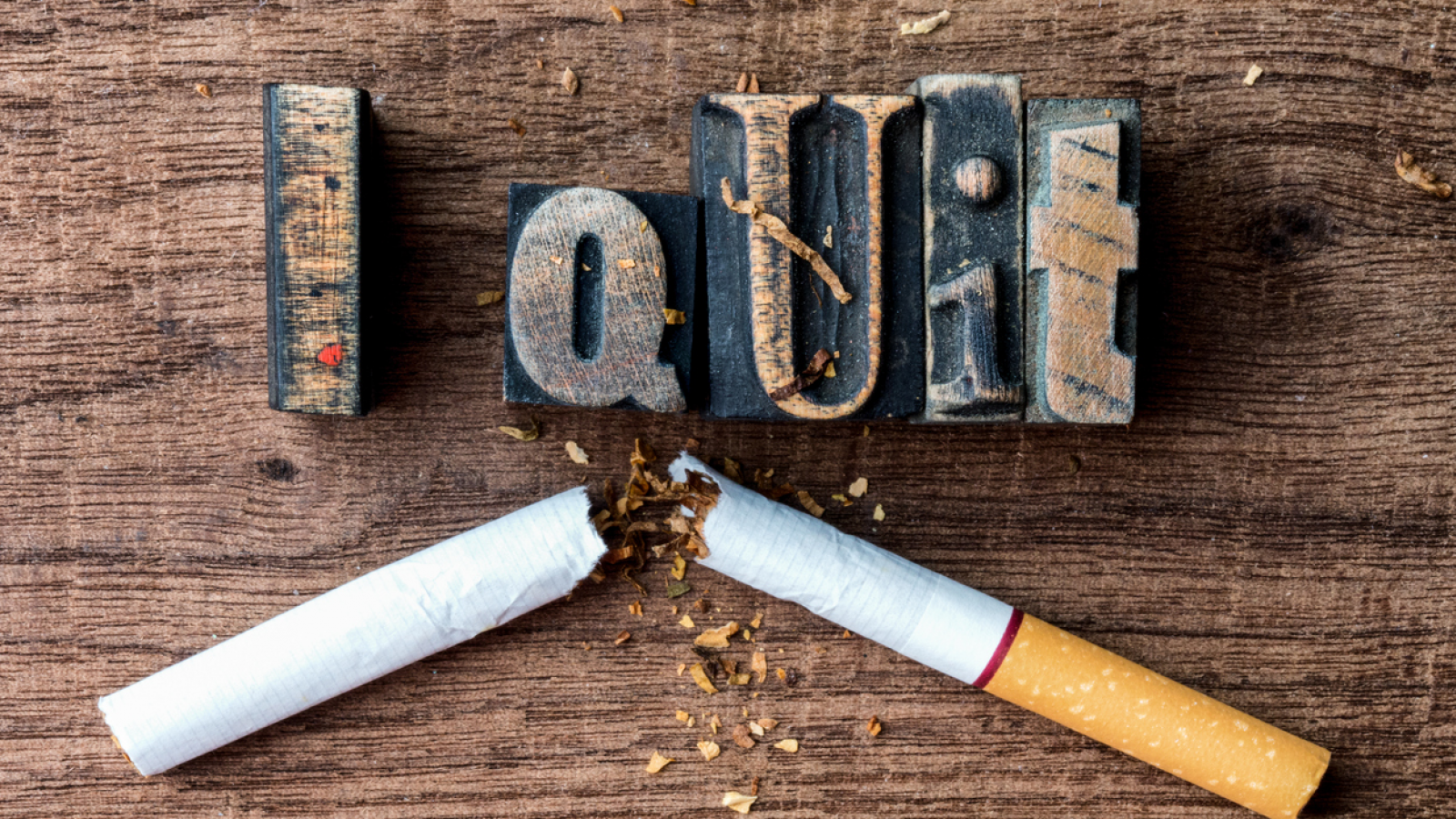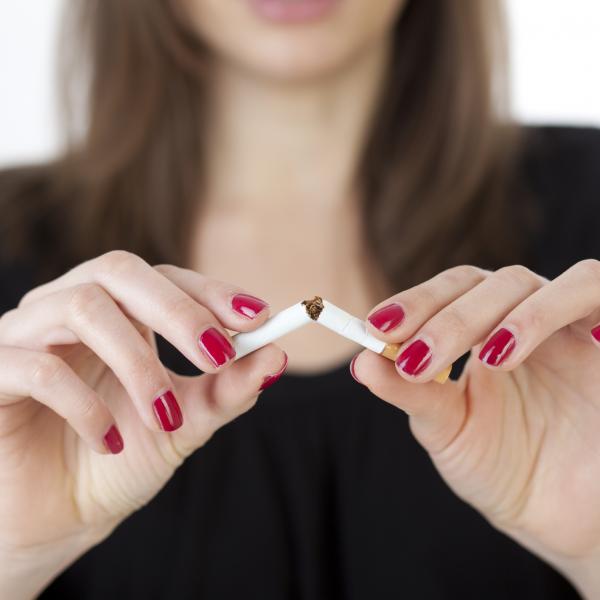What increases my risk of bladder cancer?

These risk factors that can increase your chance of getting bladder cancer:
- Smoking: Smoking is the biggest risk factor for bladder cancer. The chemicals in cigarettes damage the lining of the bladder, causing cancer.
- Age: The risk of bladder cancer increases with age. Most bladder cancers occur in men and women over the age of 50. It is rarely seen in those under the age of 40.
- Race: White men and women are slightly more at risk.
- Gender: Bladder cancer occurs in more men than women.
- Chemicals: Certain chemicals once used in dye, rubber, paints, plastics and gasworks industries can lead to bladder cancer. These chemicals have long been banned and are no longer in use.
- Infections: Your risk of bladder cancer increases if you have repeated urinary tract infections or bladder stones. An untreated infection with the parasite schistosoma (also called bilharzia) can lead to bladder cancer. This parasite is often found in water in the developing world.
- Previous treatment for cancer: If you were previously treated for cancer with radiotherapy to the pelvic area or with the chemotherapy drug, cyclophosphamide, your risk may be higher.
- Medical history: If you had a previous bladder cancer, you are more at risk of developing another one.
Having a risk factor doesn’t mean you will definitely get cancer. Sometimes people with no risk factors get the disease.
If you’re worried, talk to your GP or talk to one of our cancer nurses. Call our Support Line on 1800 200 700 or visit a Daffodil Centre.

Reducing your risk of bladder cancer
The most important thing you can do to reduce your risk of bladder cancer is to:
- Stop smoking
Read more about smoking and other cancer risk-reduction tips.
For more information
Phone
1800 200 700

